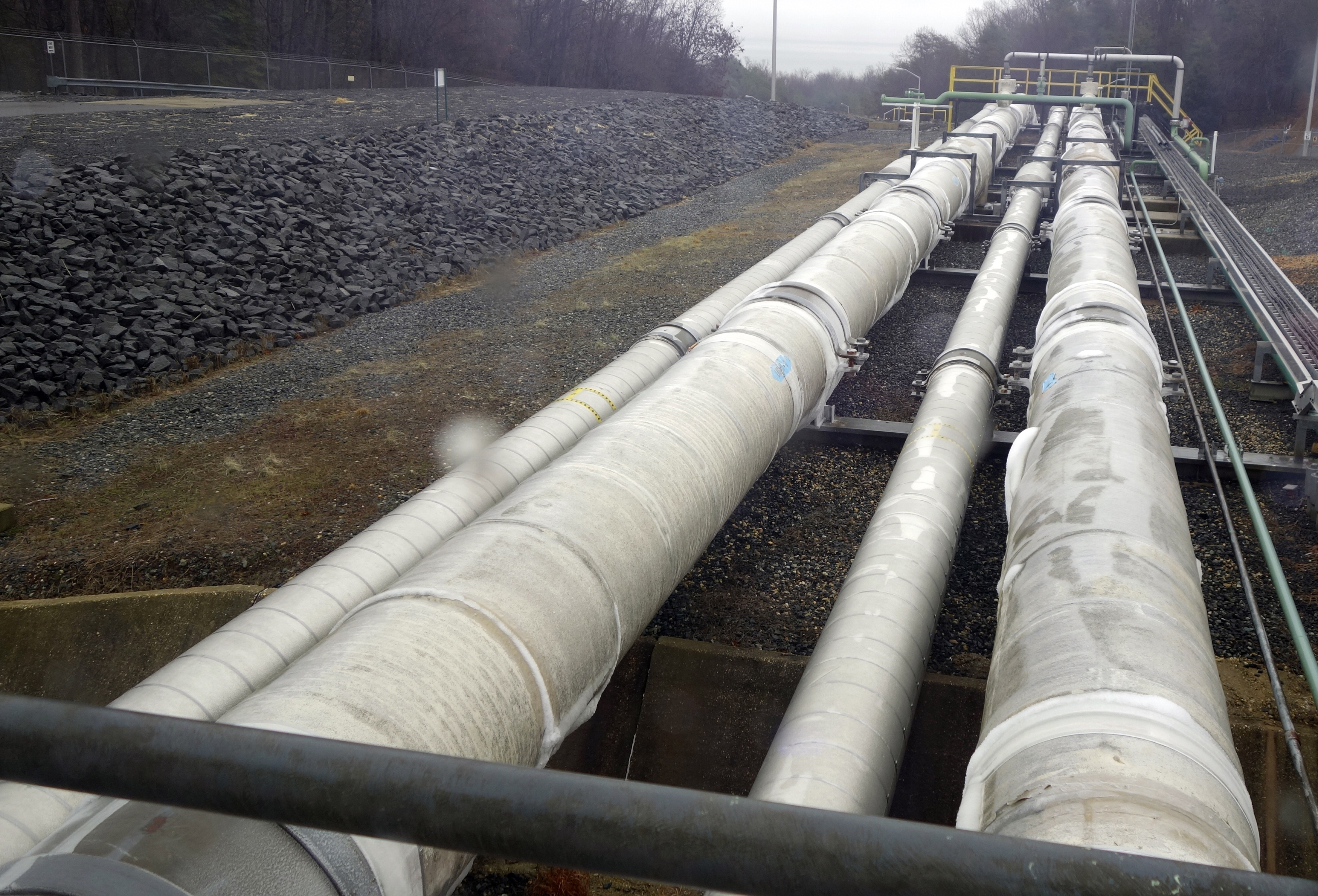
The government has spent less than 1% of the total collection of gas infrastructure development cess (GIDC), which was received with the objective of executing mega gas pipeline projects.
Though the public gas utilities have extended their pipeline networks from Karachi to Lahore for liquefied natural gas (LNG) transmission, at the same time they have been trapped in over Rs100 billion worth of debt. Despite that, the government did not spend the GIDC received from gas consumers.
It is also astonishing that around Rs300 billion had been spent out of the GIDC collection to meet the government’s current expenditures rather than pouring funds into developing the gas infrastructure.
A business tycoon also pocketed over Rs400 billion in the name of GIDC, which he did not deposit in government’s accounts by obtaining stay orders from courts.
According to Section 4(1) of the Gas Infrastructure Development Cess Act 2015, the cess shall be utilised by the federal government for or in connection with infrastructure development for the Iran-Pakistan (IP) Pipeline project, Turkmenistan-Afghanistan-Pakistan-India (TAPI) Pipeline project, LNG or other ancillary projects.
Furthermore, the Supreme Court of Pakistan, in its judgement dated August 13, 2020, restrained the federal government from charging GIDC until the cess already collected and accrued till July 31, 2020 was spent on projects listed in Section 4 of the GIDC Act 2015.
The court directed the government to take all steps to commence work on the laying of North-South, TAPI and IP pipelines within six months. During an audit for financial year 2020-21, auditors noted that the government had collected Rs325.127 billion in GIDC up to June 30, 2021.
Out of the total receipts, it could only utilise Rs2.818 billion on the development of gas infrastructure, leaving Rs322.308 billion unutilised. The auditors blamed poor project management for the lack of GIDC utilisation.
The matter was reported to the management of Inter State Gas Systems (ISGS) – a company formed to execute gas pipeline projects – in August 2021. In its reply dated September 8, 2021, the management stated that ISGS had obtained approval for the route of North-South pipeline project from the Ministry of Defence and first technical session was held in August 2021. Furthermore, the TAPI project agreement was being negotiated, approval for early works (heads of terms) was in process and a draft memorandum of understanding (MoU) on land acquisition was under review.
Apart from that, the Ministry of Energy (Petroleum Division) sought views of the Ministry of Foreign Affairs on the resumption of engagement for the IP Pipeline project in a letter dated February 12, 2021, but the response was awaited.
The auditors said that the management’s reply was not tenable because the Supreme Court had directed the government to take all steps for laying the North-South, TAPI and IP pipelines within six months but no progress could be made.
The Departmental Accounts Committee (DAC), in its meeting held on December 8, 2021, directed the Petroleum Division to expedite the utilisation of GIDC but no progress was reported.
The auditors recommended the utilisation of GIDC on the implementation of gas infrastructure projects.
In addition, the apex court gave directives for the recovery of over Rs400 billion GIDC from the business tycoon in installments. However, lower courts granted stay orders.
Fertiliser and textile sectors were the key GIDC defaulters, which did not pay installments to the government. The two sectors had been receiving heavy government subsidy but it was not passed on to consumers.
Though the government had been providing cheaper gas to urea manufacturers, farmers were forced to pay higher prices of fertiliser for planting their crops.
Published in The Express Tribune, December 4th, 2022.
Like Business on Facebook, follow @TribuneBiz on Twitter to stay informed and join in the conversation.







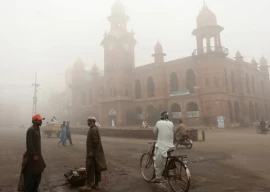


1731884290-0/image-(9)1731884290-0-270x192.webp)

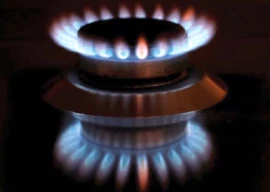
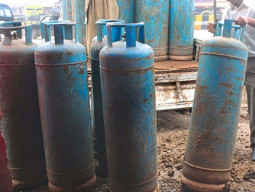
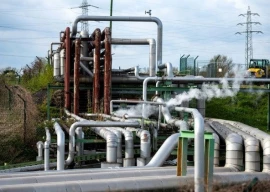






COMMENTS
Comments are moderated and generally will be posted if they are on-topic and not abusive.
For more information, please see our Comments FAQ